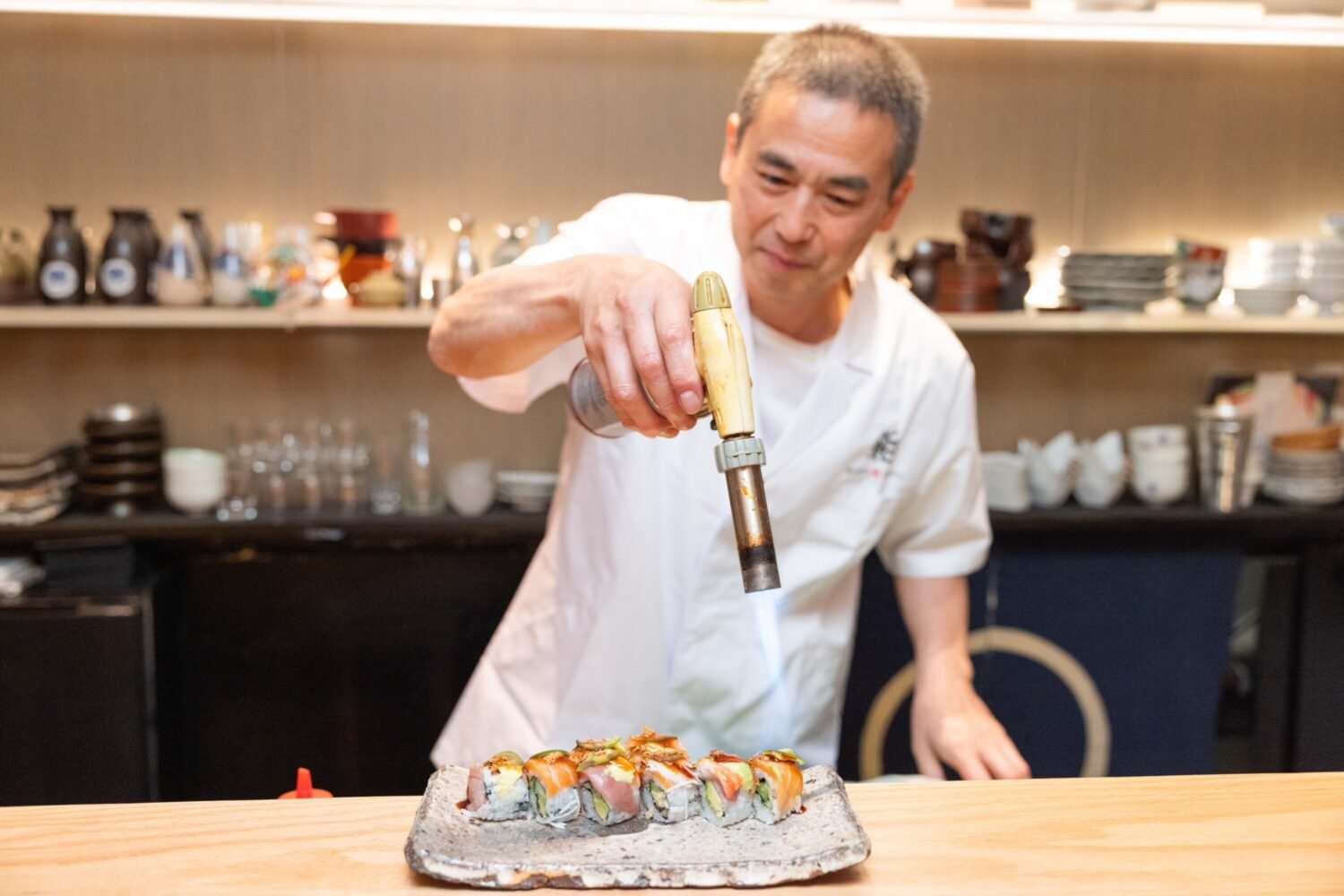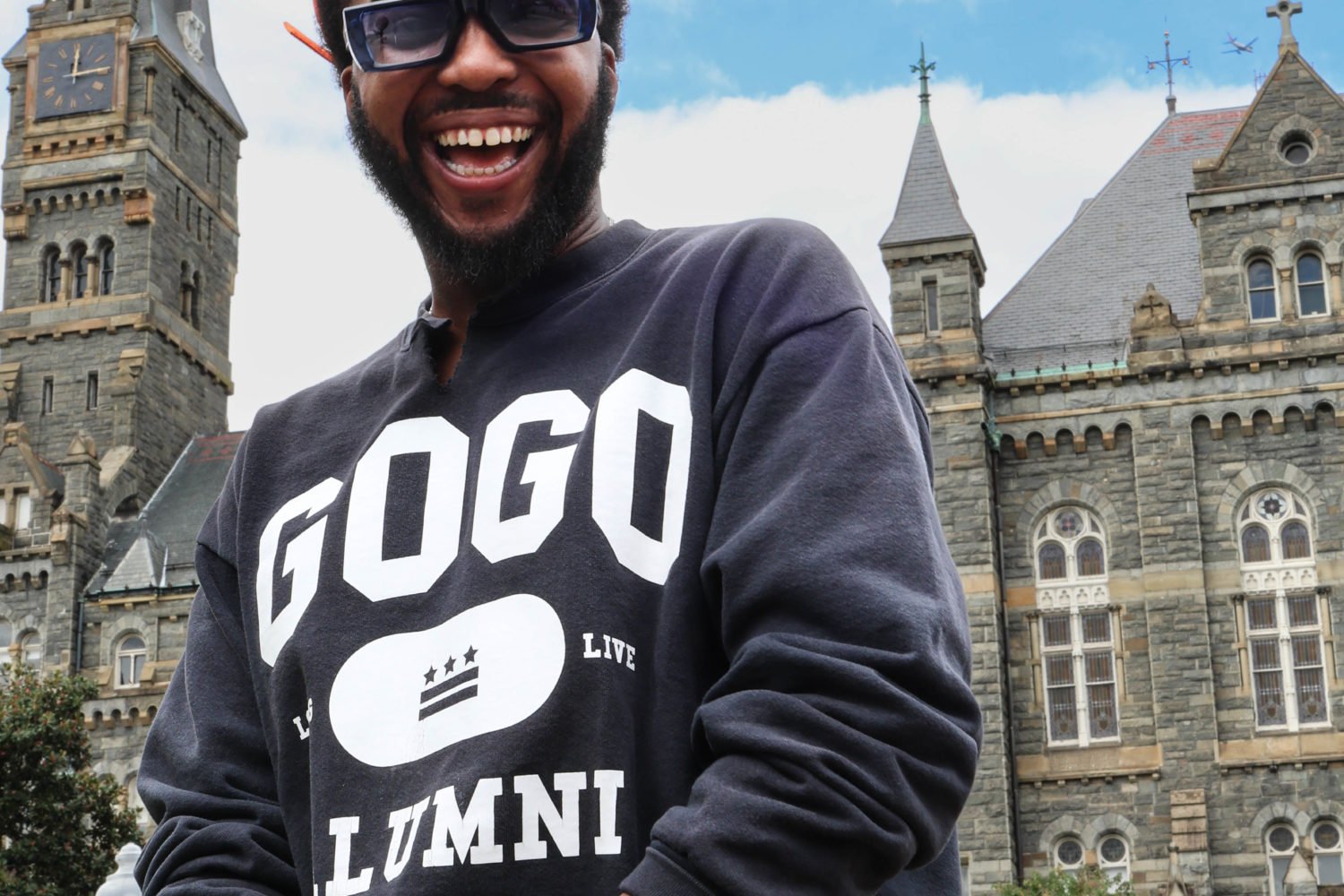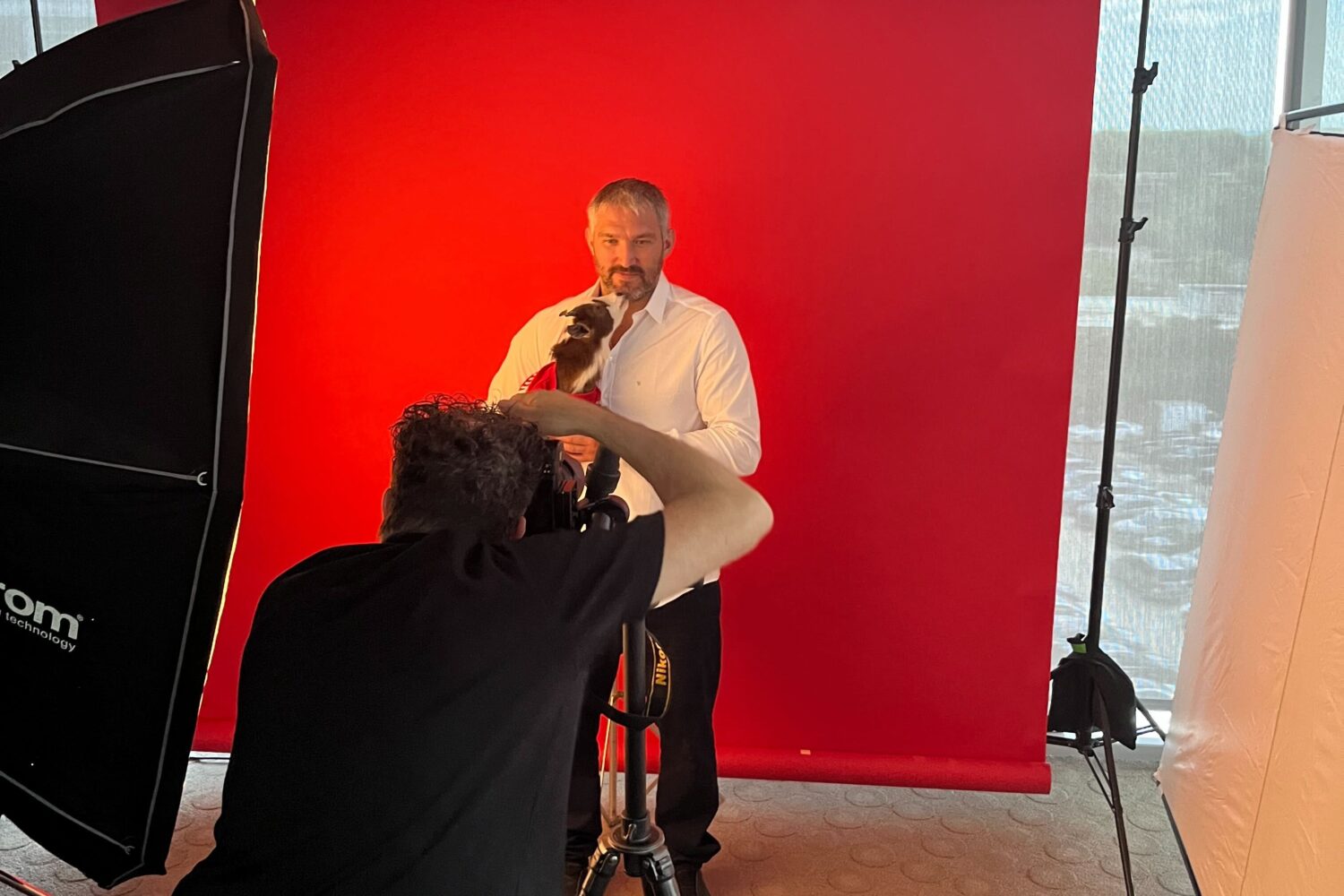After work on a recent Tuesday, Debra Katz steps onto a stage in the back room of the City Club of Washington, before an audience of three dozen members of the International Women’s Forum. The all-female crowd has arrived to sip wine and hear the powerhouse lawyer’s take on tonight’s topic: “The Harvey Weinstein Scandal, Six Months Later: Where Are We Now and What Does It All Mean?”
Wearing a gray pantsuit over a pink sweater, Katz describes the spike in clients she’s been signing. “We have been very, very busy,” she tells the room. “Women are coming forward in record numbers.”
The highest profile of those new clients is a former manager in Mike Isabella’s restaurant empire, who alleged—in a blockbuster lawsuit filed by Katz in March—that the celebrity chef and his partners had subjected her to “extraordinary sex-based hostility and abuse.” (In early May, they agreed to settle.) Katz is also representing a group of female NPR employees after a top executive resigned last fall following allegations that he’d made unwanted advances. And she’s been retained by the Service Employees International Union to implement changes in the wake of a harassment scandal at the organization.
Katz has spent the last 30 years taking up for sexual-harassment victims and advocating for structural protections, but now, as the #MeToo movement has spread, she has emerged as Washington’s top attorney for women who want to fight back. A founding partner of Katz, Marshall & Banks, she has long been drawn to sexual-harassment cases. “It hurts people in such a deep way,” Katz says when we talk not long after the City Club event. “It causes them to question their value, it erodes their self-esteem, and it’s one of the ultimate indignities that people experience in the workplace.”
Although Katz is thrilled to see the historic cultural awakening that #MeToo is inspiring, she feels pressure to ensure that it doesn’t go to waste. “We need to be fighting harder, and more strategically and more vocally,” she says. If none of this leads to lasting change, “we’ve lost an opportunity.”
Katz grew up in a Jewish household on Long Island, where the shadow of the Holocaust loomed. “From a very early age, that was a defining [lesson],” she says. “You stand up to injustice. You make your voice known.” Inspired to fight for underdogs, Katz decided to go to law school, and after graduating in the early 1980s, she landed a DC fellowship through Georgetown University. While there, she helped on the case of Mechelle Vinson, a bank teller whose manager had harassed and assaulted her. Meritor Savings Bank v. Vinson went to the Supreme Court and established the landmark precedent that sexual harassment is a form of discrimination. It also cemented the young lawyer’s career path.
Katz opened a two-person firm—with Lynne Bernabei—in a Dupont Circle rowhouse in 1987, and soon she was scrapping it out with the city’s predominantly male legal establishment. Through her work on the Vinson case, she met key figures in the women’s-rights community, who referred harassment victims to her as clients.
In 1995, Katz was approached by Kitty Block, an attorney at the Humane Society whose superior had been harassing her. Block worried that bringing a claim would harm the group’s animal-welfare efforts. “But after talking to [Katz],” she now says, “I realized this is important, and if I really care about the mission, I’ve got to care about the organization and how other people are being treated.” Block filed a lawsuit, and her boss was fired. Today she’s the organizations’ acting president.
Katz’s practice continued to grow, and in 2006 she and two lawyers split off to launch the current firm. Soon after, she filed a high-profile suit against DC power hairstylist Andre Chreky—whose client roster once included Laura Bush—on behalf of an ex-employee. A jury awarded the woman $2.3 million.
On a recent afternoon, Katz enters a conference room at her firm’s Dupont offices and takes a seat at an imposing wooden table that, under other circumstances, might be the spot where she delivers her final offer. Who else has she stared down while sitting in this same chair?
Many of those names, it turns out, are a secret. In addition to her work in headline-grabbing cases, Katz specializes in a kind of sexual-harassment case that’s very different from those propelling #MeToo: ones that most of us will never even hear about because they’re settled privately. Often, Katz says, such quiet negotiations are what’s best for clients, who can then move on with their careers.
Still, she believes that #MeToo has had a profound impact: “Women are feeling emboldened to come forward because they have a sense that people will actually now believe them. [And women] who do come forward tend to find more people who are willing to support them.” At the same time, companies have grown less willing to protect harassers. In the past, many employers viewed paying settlements on behalf of star performers as just a cost of doing business. Today wrongdoers are losing their jobs. “That’s a sea change,” Katz says.
At a time when institutions are looking inward, she is now also helping them install protections. That even includes the federal government: Katz recently consulted with members of Congress to assist with legislation overhauling how it handles allegations. She also worked with the National Women’s Law Center to help establish the Legal Network for Gender Equity, which connects victims with lawyers.
This article appeared in the June 2018 issue of Washingtonian.


![Luke 008[2]-1 - Washingtonian](https://www.washingtonian.com/wp-content/uploads/2017/10/Luke-0082-1-e1509126354184.jpg)














